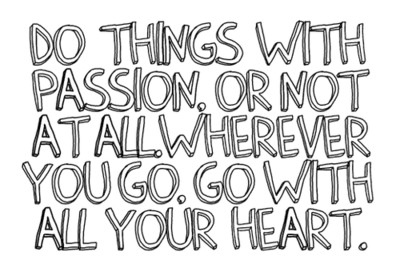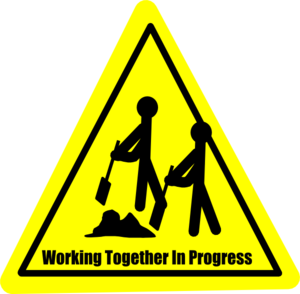Alright, if you haven't noticed...this week has brought a HUGE in-flux of YA buzz. It's probably rebounding from the success of The Hunger Games movie this weekend, but it's certainly everywhere. At least in my world. Today especially--even though it's only 9:30 am when I'm starting this--the New York Times has a slew of posts about YA fiction. (Check all these out here!)
My favorite pieces are the last paragraph of this article and this quote from a teenager who wrote an article:
Teenagers do not passively love young adult fiction and its authors. The ferocity of our devotion rivals the heartbreak caused by the very same novels.And I really liked this one too:
Bottom line, there's one thing that young adult novels rarely are, and that's boring. They're built to grab your attention and hold it. And I'm not as young as I once was. At my age, I don't have time to be bored.
Why am I sharing this right now?
A few reasons.
First, this is really exciting to me. I love that people in the world are talking about YA books, even if some opinions seem completely ridiculous. I love it because I am an adult reading YA, writing YA, talking about it, passing it to friends, getting excited. I can't even attempt to read adult fiction for reasons that the people in these articles point out. I know how good YA books are. How amazing the authors are. I am passionate about these books. So if people are talking about them, that's awesome! Because I want other people to be passionate about them too, to see them for what they are and to discover something about themselves from reading. That's what makes YA so special I think.
Second, as much as it excites me, it makes me nervous. I want to build up this little protective shield that says STAY AWAY. This is threefold.
1. I am a writer. This industry is hard already and the more people who fall in love with YA, who branch out into it, the harder it will be for me. Now, I get that it's totally selfish--but that's okay. My selfishness doesn't mean I don't want YA to be talked about or read--because I do--it's just part of my nervousness/shielding.
2. Quality. YA books are quality. What if that changes? What if we get so focused on the popularity and the next big thing that we (as a genre) loose the essence of what makes us so amazing and connectable? Now, this is a weird nervousness because I don't really believe that would happen. But it's something to think about. YA books stand out because they are supposed to. Because they are well-written and deal with hard issues. They are not afraid. I don't ever want to see us become afraid.
3. It's a territory thing. You know how some of us are "originals" in the Hunger Games phenom? Like, we read the books first! I can't help but feel this way in regards to the genre as a whole. "I was here first!" I know that's kinda silly. But I get really protective of things that I love, be it a book or an author. What would happen if they get lost or changed in the rush? I don't even know what I'm trying to say with this point...but hopefully you get it.
Ultimately, I think it's a good thing. It's exciting! I love YA and I'm glad people are talking about it. It allows me to talk about it too in avenues that I wouldn't normally. I can't wait to see where this growth takes us. It's all about getting people to read, to connect and to grow. And as long as YA keeps doing that, then I think we're going to keep taking people by surprise.
What do you guys think about all this talk???





















